Camping: Your Go‑To Guide for UK Motorhome Adventures
If you love the freedom of a motorhome, good camping knowledge is the difference between a smooth trip and a stressful one. On this page you’ll find straightforward advice that works for any kind of camping – from cosy forest sites to salty beach nights.
Plan Your Campsite Like a Pro
Start by checking the campsite’s facilities. Do you need shower power, a waste dump, or just a flat patch for your motorhome? Most UK holiday parks list these details online, but a quick phone call can confirm opening times and any extra fees. If you’re eyeing a wild‑camping spot, look up the local council rules first – Scotland, for example, lets you pitch almost anywhere on land you don’t own, but England and Wales have stricter limits.
Next, think about the layout. A classic "camping triangle" helps you keep the cook area, sleeping berth and toilet separate, making the space feel larger and safer. Place the kitchen side away from the wind, set the bed where the sun will warm it in the morning, and keep the dump valve clear of traffic. This simple shape works whether you’re on a pitch with concrete pads or a grassy field.
Don’t forget the surroundings. A site near a water source sounds great until insects take over. Look for an area with natural windbreaks, like a low hedge, and keep a few metres away from any riverbank that might flood after heavy rain.
Stay Safe and Comfortable on the Road
Safety starts with your power setup. Running a 12‑volt TV or lights directly from the battery is fine, but always use a proper fuse and check the wattage. Overloading the system can drain the battery fast and even cause a fire. If you’re boondocking (off‑grid camping), a portable solar panel or a small generator can keep essentials running without draining the house battery.
When you’re sleeping in the motorhome, make sure the gas valve is off and the propane fridge is on the low‑heat setting. A quick tip: open a window just enough for fresh air – it stops condensation and keeps the interior comfortable.
For those who love beach camping, remember the tide. Set up your awning on higher ground and anchor your vehicle with sturdy straps, not just wheels. Sand can dig into tires, so a small piece of plywood under each wheel helps distribute weight.
Finally, respect the environment. Pack out every piece of trash, use designated waste points, and avoid lighting fires where it’s prohibited. Leaving a site as you found it means it stays beautiful for the next camper.
With these basics in mind, you’ll feel confident tackling any campsite the UK throws your way. Browse the articles below for deeper dives into topics like stealth camping in the UK, free beach spots in California, or how to run a TV off a battery. Each guide is written for real travelers, not textbook theory, so you can put the tips into practice on your next road trip.
-
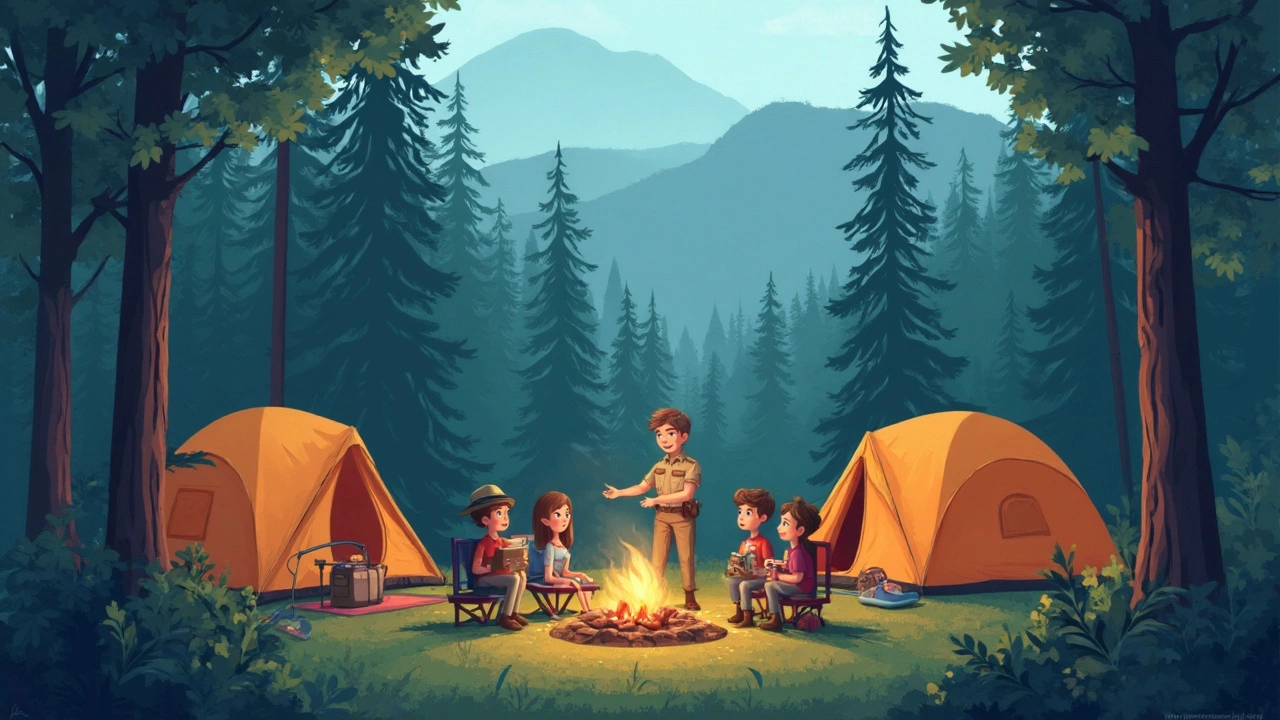 VIEW POST
VIEW POSTCamping in Virginia’s National Forests: Rules, Tips, and What You Need to Know
Jun, 29 2025|0 CommentsFind out if you can camp in Virginia's National Forests, what the rules are, the difference between dispersed and developed camping, permits, and gear tips. -
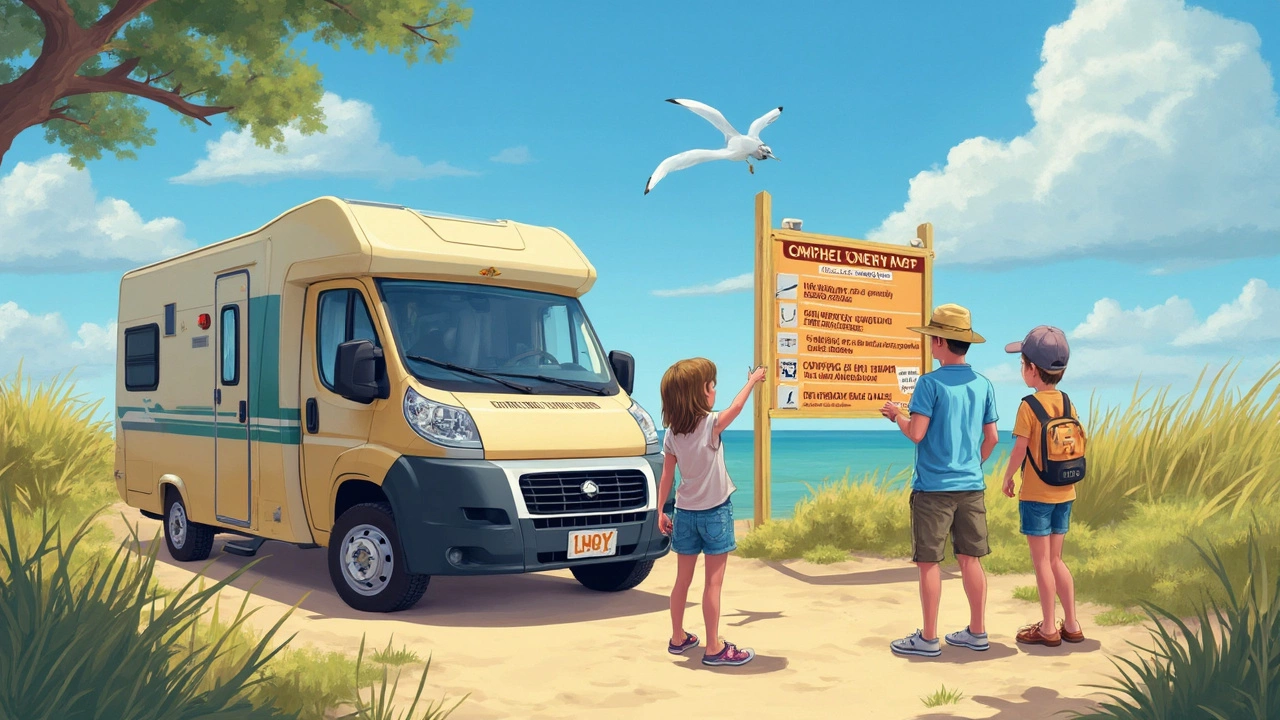 VIEW POST
VIEW POSTTybee Island Camping: Are Tents and RVs Welcome?
Jun, 19 2025|0 CommentsThinking about camping on Tybee Island? Here’s what you need to know before pitching a tent or pulling up in your RV. Tybee isn’t like every other coastal spot—local rules are strict, and some surprises catch visitors off guard. Discover your options, from nearby campgrounds to clever alternatives. Learn a few tips that could save your trip. -
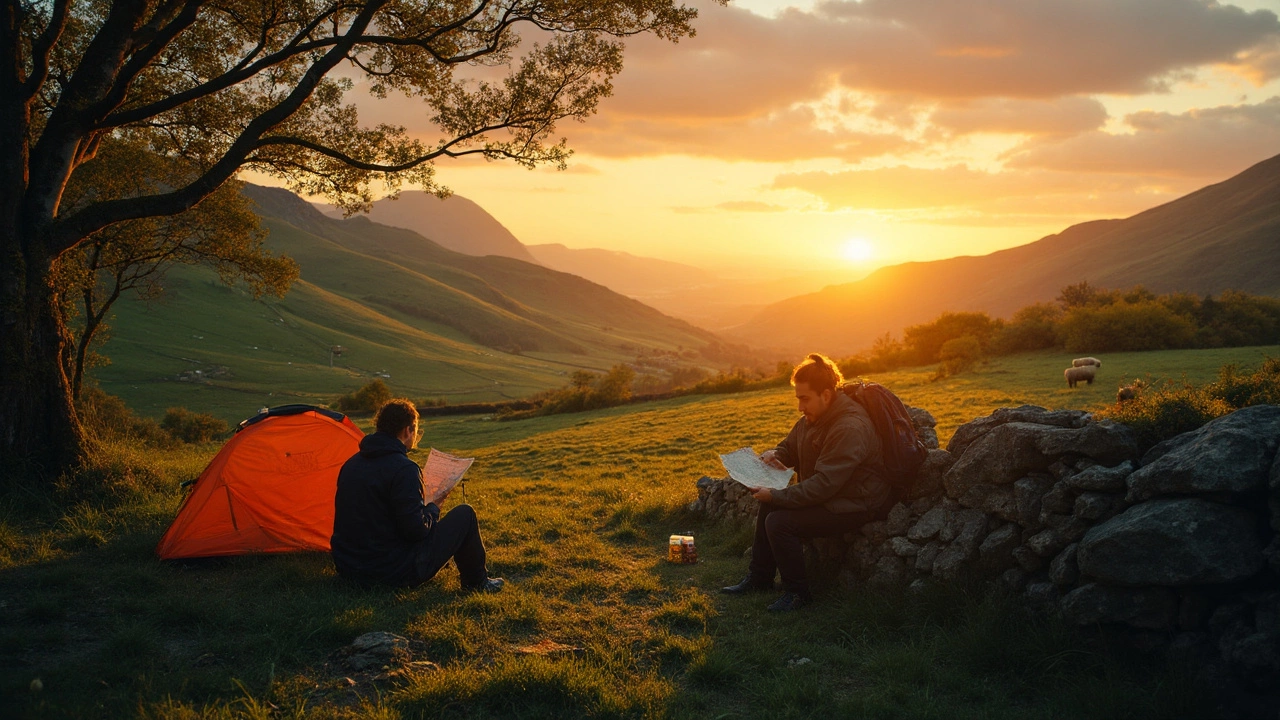 VIEW POST
VIEW POSTCamping in National Parks UK: What You Need to Know
May, 4 2025|0 CommentsThinking about camping in a UK national park? The rules are less straightforward than you might expect. This article covers what’s allowed, what’s not, and how to plan a legal and enjoyable stay. You’ll find clear tips on permissions, safe spots, and how not to annoy the locals or the rangers. If you want to avoid fines or getting woken up by a torch at 2 a.m., keep reading. -
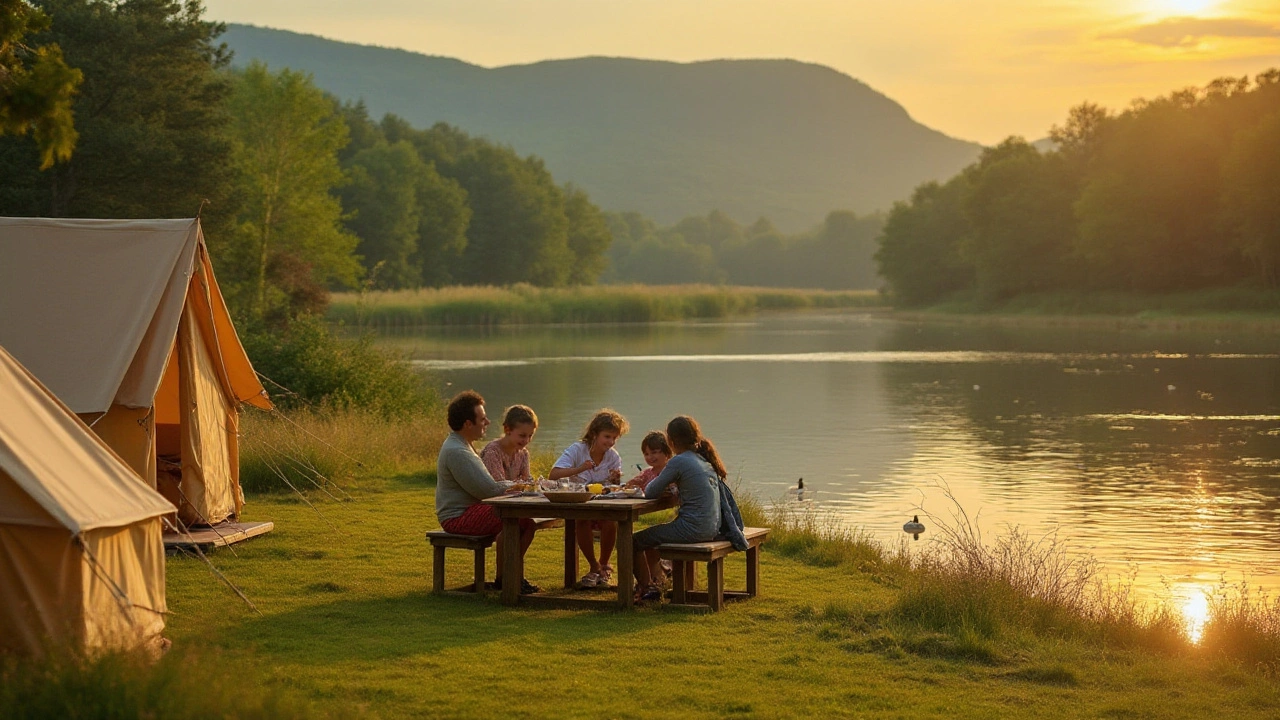 VIEW POST
VIEW POSTBoondocking vs. Camping in the UK: Key Differences Explained
Jan, 24 2025|0 CommentsBoondocking and camping may seem similar at first glance, but they offer distinct experiences for outdoor enthusiasts in the UK. While traditional camping involves staying at designated sites with facilities, boondocking invites a more rugged adventure, embracing off-grid locations with a focus on self-reliance. Understanding their differences can help adventurers choose the right experience in the stunning British landscapes. This article dives into the nuances of each activity, the benefits they offer, and tips to make the most of these experiences. -
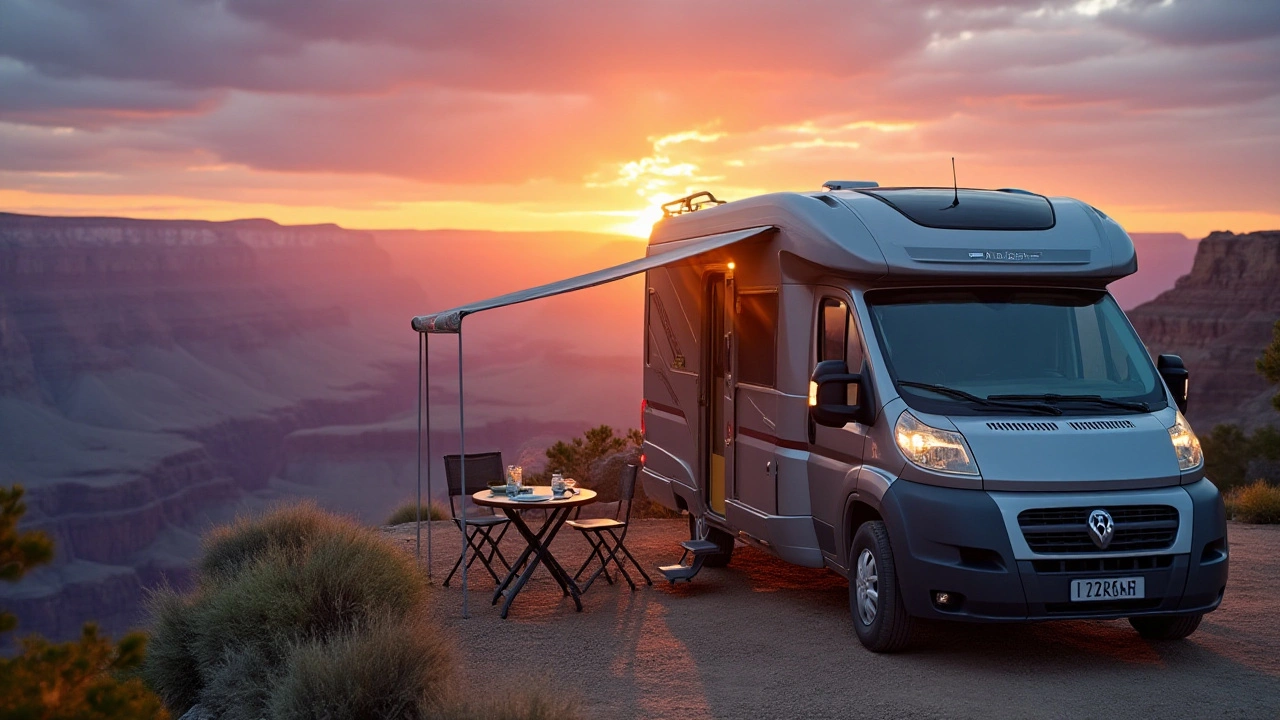 VIEW POST
VIEW POSTAffordable Motorhome Rental Options in the US
Jan, 4 2025|0 CommentsExploring the great American landscape in a motorhome is a dream for many, but understanding the costs associated with renting one is crucial for planning. This guide delves into the factors that influence prices, from the size and type of motorhome to seasonal fluctuations and additional fees. Readers will find tips on budget-friendly rentals, recommended rental suppliers, and insights into the potential costs of extras like insurance and mileage. Whether planning a short getaway or an extended road trip, this article aims to help readers navigate the world of motorhome rentals in the USA.